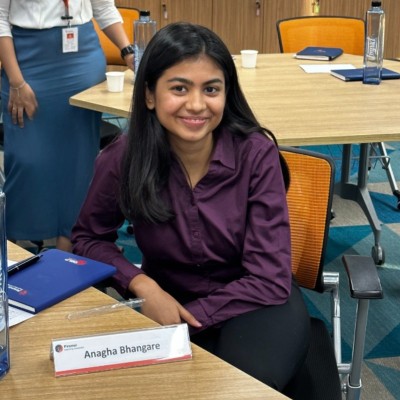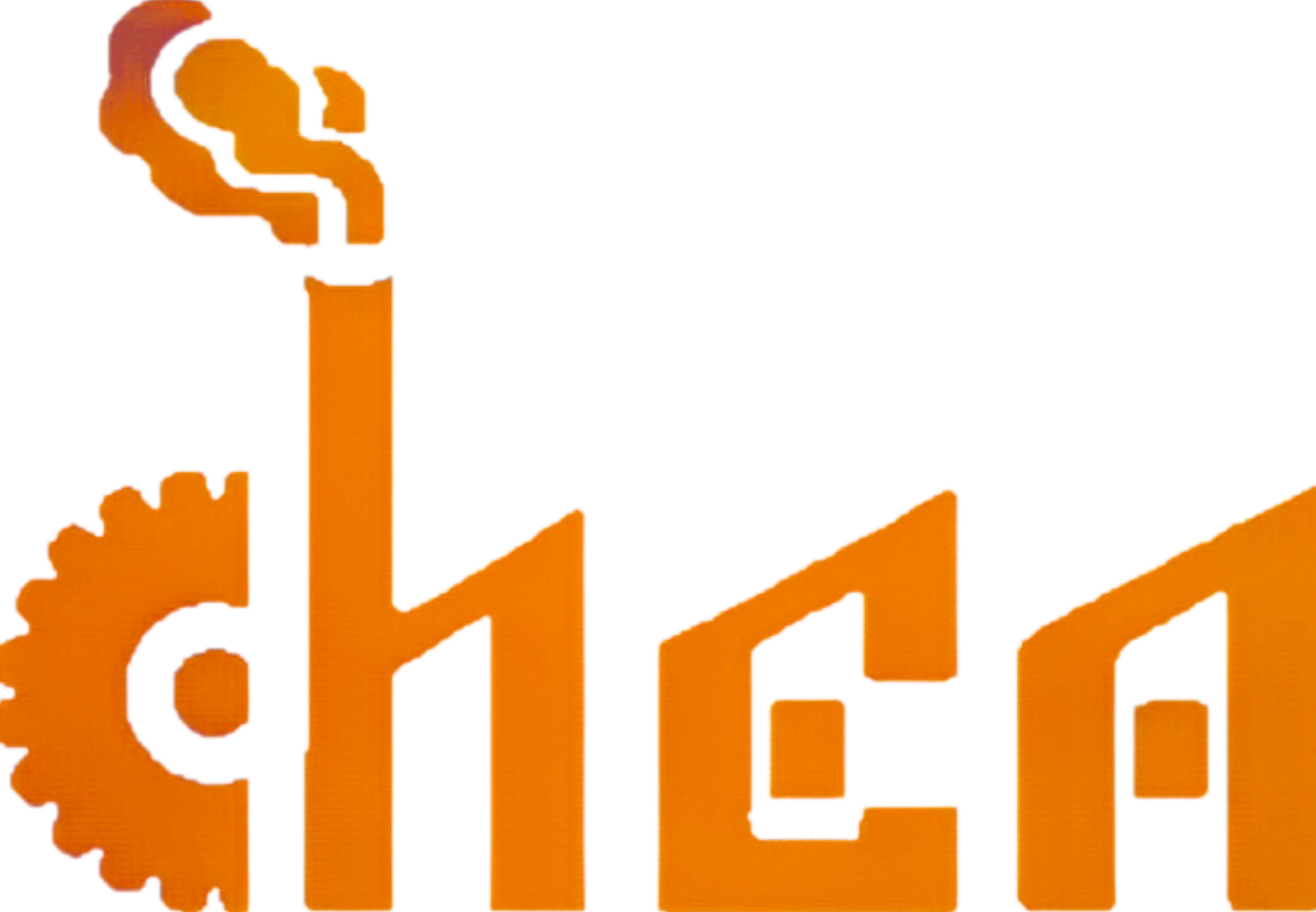ChEA BLOGS
Anagha Bhangare | OLA

How did you decide on the specific role and company you wanted to apply for?
I didn't decide on the company I decided on the role first. I have done multiple AI/ML intern right from my second year internships and I had also done DS minor which involves lots of AI/ML courses. I was sure that is where my interest lies. During placement I applied to all the companies that offered the AI/ML role
Was the domain you applied for during placements the same as the one you interned in during your third-year? If not, why so
No the field that I applied for during placements the same as the one you interned in during your third-year as my third year internship was a chemical core internship at Piramal. I did this because before getting placed I actually wanted to explore the core field since I had an equal amount of interest in both. During my third year internship I was a bit confused about which stream should I choose. This is why I decided to choose the core chemical thing because it was only a 2 month internship.
Post the internship, I was sure that I didn't want to continue in core chemical and hence during my placement I targeted only AI/ML company
How was the selection process, and how did you prepare for it?
The OLA selection process was pretty standard for any technical company.
Firstly, there was a Google form that we had to fill out, where we provided details about our previous projects, our interests, and a little bit about ourselves.
After the Google form, there was a test on statistical analysis, ML, probability, and a few DSA coding questions.
Following the technical test, the shortlist was announced. I had two rounds of interviews: one was a technical interview, and the second was an HR interview.
What were the shortlisting criteria for the company?
The shortlisting criteria for OLA involve aligning your resume with the JD and considering your score on the technical test. Candidates are shortlisted based on these two factors. Of course, CPI and branch play some role, but not as much if you have aced the technical test and have a lot of good projects on your resume.
What were the different rounds?
There were two rounds conducted: one was Technical, and the other was HR. In the Technical round, they covered everything from my resume, along with some ML-based mathematical questions and coding problems. The HR interview was more of a chat about the culture at OLA and their expectations from me. I think, in the HR interview, they focused more on my future goals and how interested I am in applied AI and research.
Are there any repetitive questions or cases that you noticed, especially in HR or GD?
No. Technical test was completely different from technical interview. As for HR, they wanted to make sure that I was really interested in the role offered and they cross-questioned my motivation for the job multiple times
How did you prepare for each round?
I used this wonderful website/blog made by one of my seniors for placement preparation. bit.ly/prepforplacements
Apart from this I watched youtube playlists of Aditya Verma and Striver for learning DSA.
Are there any resources or tips that you would like to share?
The website that I mentioned is really great and would recommend it to everyone looking for tech roles. For AI/ML, geeksforgeeks and analyticsvidhya have some great blogs that explain topics in layman terms
If you had to do your preparation all over again, what changes would you make?
Focus more on mathematics and AI applications rather than only theoretical knowledge
What is your current exact role in the company?
My current exact role is Applied AI Engineer. On a given day my role requires me to do any of the following: data engineering or training/ fine tuning a new model or evaluation of trained models. My work is pretty experimental and I have to come up with and try out different strategies to see what works best. Since we are still in a startup phase, lots of times one person has to see through a project end-to-end which makes it a learning opportunity like no other
Key learnings from the process and a final note for fourth-year students.
Finally, I would like to say that technology, especially AI/ML is a fast evolving field. It is highly likely that you may not know everything that the interviewer asks (quite possible that you’ve never heard those words before!). There is no need to panic at such times (easy to say, I know). Just be confident in your abilities and yourself and do not bluff, instead tell them that you do not know the answer. The interviewer will appreciate your honesty. All the best!!
